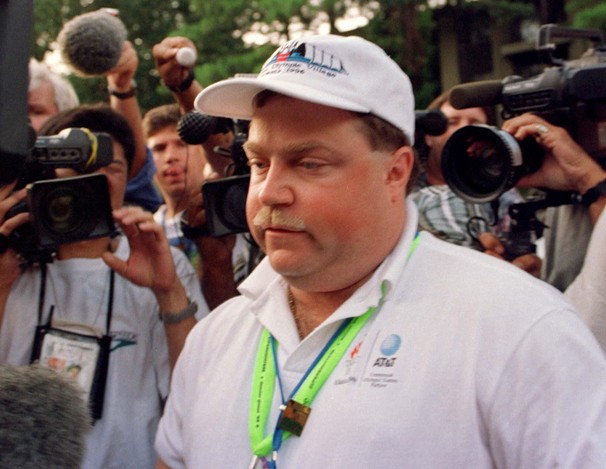Three Things To Do When You’re Falsely Accused
This is an excerpt from my book, The Media Training Bible: 101 Things You Absolutely, Positively Need to Know Before Your Next Interview.
After beating charges of larceny and fraud in 1987, former U.S. Secretary of Labor Ray Donovan famously asked, “Which office do I go to get my reputation back?” Although the media are often right, you probably don’t need much convincing that they have convicted innocent people far too many times:
- After the 1996 Atlanta Olympics bombing that killed one person and injured more than 100, the media presented local security guard Richard Jewell as the likely culprit. He was innocent.
- Many outlets implied that California Rep. Gary Condit was involved in the death of intern Chandra Levy, who disappeared in Washington, DC in 2001. Although the two had a sexual relationship, Mr. Condit was innocent.
- In 2006, three male Duke University lacrosse players were accused of raping a female student at a house party. The media portrayed them as out-of-control, entitled athletes. They were innocent.
When the media have you in their sights, it can be difficult to mount a successful defense. But there are at least three tactics that can help you survive the glare of the media spotlight:
- Be “super” open: The media tend to perceive those who talk as innocent and those who don’t as guilty. When you’re falsely accused, nothing is as disarming to a reporter as a spokesperson who eagerly shares information. Meet with the reporter. Go to his or her office. Your mere presence will force most reporters to reevaluate whether you’re guilty as charged.
- Bring a lawyer: Although hiding behind a wall of attorneys can be viewed as defensive, it may be your best option if a news organization is about to report an inaccurate story. Threatening a libel suit may make the news organization reconsider running the piece, particularly if you bring substantial evidence to convince them they’re wrong.
- Offer your own proof: In some cases, there is a place for harder-edged tactics. Crisis pro Eric Dezenhall argues that sometimes you have to “do the media’s job for them.” That means you might hire a private investigator to look into the background of any accusers or conduct a “parallel” investigation to uncover facts that your critics aren’t finding—or are purposely ignoring.
CASE STUDY: TACO BELL AGGRESSIVELY REBUTS FALSE CHARGE
When an Alabama law firm filed a class-action lawsuit against Taco Bell in 2011 for allegedly using less than 50 percent ground beef in its beef filling, the fast-food giant responded aggressively.
The company took out a full-page ad that corrected the record in major newspapers. They claimed their tacos used 88 percent beef and 12 percent spices and other ingredients, and said they “plan to take legal action against those who have made false claims against our seasoned beef.”
The law firm dropped its suit within three months, to which Taco Bell responded with another ad asking, “Would it kill you to say you’re sorry? As for the lawyers who brought this suit: You got it wrong, and you’re probably feeling pretty bad right about now. But you know what always helps? Saying to everyone, ‘I’m sorry.’” Taco Bell’s aggressive response isn’t right for every company in crisis—but in their case, it was a brilliant strategy that effectively diminished the crisis.
The Media Training Bible is available from Amazon here and for the Kindle here.





Excellent advice Brad. To your point, I’m thinking about the opposite situation of false accusations. Lance Armstrong will be coming forward today, after falsely reputing accusations and now will be trying to manage his reputation forward.
Good advice, Brad. I happened to be reporting on that Richard Jewell story live for a cable network– I got it wrong based on police sources who were telling us he was a suspect, and to this day, I consider it the worst mistake of my journalism career. There were apologies, but not made directly to Richard Jewell, and there should have been. Had he brought a lawyer to the table (even if he hadn’t, he still should have fought back for his own reputation)I’m convinced those apologies would have been more numerous, made more quickly, and been more straight-forward.
Aileen,
Thanks for your comment and for sharing your experience. It was a sad case all around, and it seems that Mr. Jewell was never able to recover.
He may have taken a while, but he ultimately got an attorney and prevailed in suits against the media. A brief summary of his legal battles is here: http://en.wikipedia.org/wiki/Richard_Jewell#Investigation_and_the_media.
Thanks again,
Brad